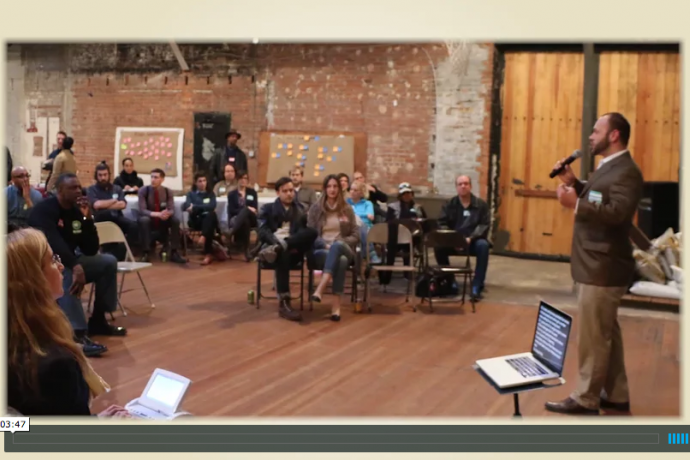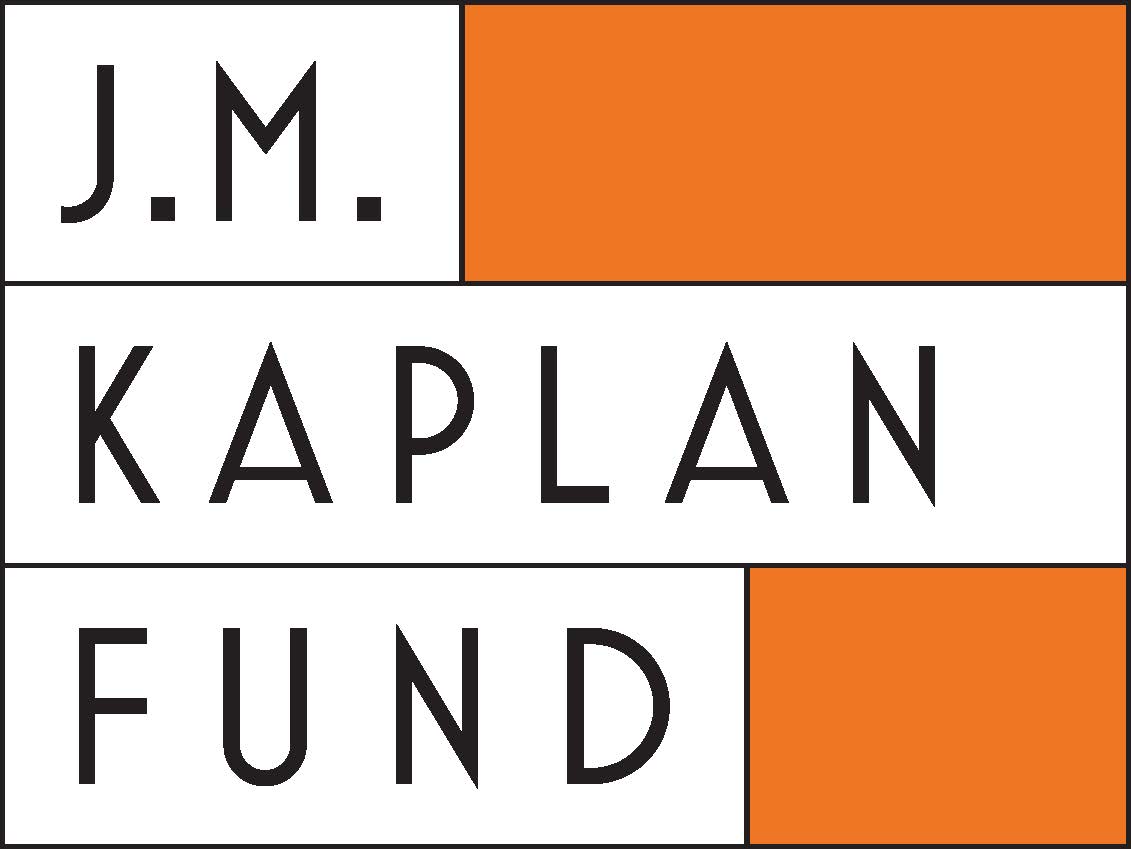The J.M. Kaplan Fund Announces 2015 Winners of First J.M.K. Innovation Prize for Dynamic Social-Sector Visionaries
The new J.M.K Innovation Prize supports and promotes 10 U.S.-based social entrepreneurs addressing America's most pressing needs through social-sector innovation.
Published 11-12-15
Submitted by The J.M. Kaplan Fund
 Click to view video
Click to view videoThe J.M. Kaplan Fund today announced ten winners of its inaugural J.M.K. Innovation Prize, a new initiative that aims to support and promote U.S.-based teams and individuals addressing our country’s most pressing needs through social sector innovation.
The J.M.K. Innovation Prize provides up to three years of support at $50,000 per year, as well as a $25,000 “bank” of funds for technical assistance or targeted project expenses, making a total award of up to $175,000. Specifically, the Prize awards inter-disciplinary innovation in the fields of cultural heritage, human rights, the built environment, and the natural environment. The Prize is particularly designed for early-stage ideas piloted or prototyped by dynamic visionaries.
“Because many new social sector innovations don't fit neatly within philanthropic funding buckets or have a track record to attract widespread support, they frequently struggle to get funding that can sustain them through their early years,” said Peter Davidson, Chairman of the J.M. Kaplan Fund Board of Trustees. “Through The J.M.K. Innovation Prize, we are shining a light on the burgeoning ideas and future leaders who will create a more ideal society.”
Winners were chosen from a pool of 1,138 applicants representing 45 of 50 U.S. states, and reflecting a range of subject areas, including criminal justice, food systems, technology, public health, economic empowerment, and the arts.
Viewing these applications as a valuable snapshot into the state of the social innovation sector, the Fund has also commissioned a study that distills seven insights about today’s social entrepreneurs. The report is available for download at www.jmkfund.org.
The ten 2015 J.M.K. Innovation Prize winners are:
Advancing Real Change, Inc., Dr. Elizabeth Vartkessian, Justice System, Maryland – A new organization that defines a new approach to ending severe criminal penalties by narrating the life stories of poor defendants, so that courts can see more than just the crime and decide on humane outcomes for those accused.
Bay2Tray, Mr. Alan Lovewell, Food Systems, California – Simultaneously supports local fisherman, protects Bay Area fisheries, and provides fresh local fish to high need schoolchildren.
Behold! New Lebanon, Ms. Ruth J. Abram, Cultural Heritage, New York.Through workshops on the art of rural living conducted by residents in one small town, Behold! New Lebanon pilots a much-needed new model for economic and social development for rural America, and a new role for museums.
Coworker.org, Ms. Michelle Miller and Ms. Jess Kutch, Technology, Washington, D.C. – Empowering the American workers of the “gig economy” to collectively advocate on behalf of themselves for changes to corporate policies.
Essie Justice Group, Ms. Gina Clayton, Justice System, California – Builds a network of women with incarcerated loved ones through which to give and receive support, as well as to collectively advocate for changes to the criminal justice system.
Enable Community Foundation, 3D Printed, Crowdsourced Prosthetics and Beyond, Dr. Jon Schull, Public Health, New York – Galvanizing a community of over 6,000 volunteers to crowdsource the design and 3D printing of prosthetic hands and arms for disadvantaged youth.
Growing Veterans, Mr. Christopher Brown, Economic Empowerment, Washington – Empowers military veterans to grow sustainable food, communities, and each other, ending the isolation that leads to suicide amongst this population.
Land Art Generator Initiative, Ms. Elizabeth Monoian and Mr. Robert Ferry, Arts, Pennsylvania – Demonstrates that renewable energy can result in beautiful urban spaces by combining art installations with clean energy generation.
Reclaim Appalachia, Mr. Brandon Dennison, Economic Empowerment, West Virginia – A community development initiative that supports hard hit communities with job training, as well as historic and environmental restoration.
ScholarCHIPS for Children of Incarcerated Parents, Ms. Yasmine Arrington, Justice System, Washington, D.C. – Provides much needed college aid and mentoring to children of incarcerated parents, kids who otherwise face tough odds against stigmatization, poverty and the cycle of intergenerational incarceration.
Follow the Innovation Prize on Twitter: @TheJMKaplanFund
About the J.M. Kaplan Fund:
The J.M. Kaplan Fund, a 70-year old New York City-based family foundation, champions inventive giving that supports transformative social, environmental, and cultural causes. In 2015 the Fund launched the J.M.K. Innovation Prize, seeking visionary, early-stage innovations in the fields of cultural heritage, human rights, and the natural and built environments. For more information, go to: http://www.jmkfund.org/

The J.M. Kaplan Fund
The J.M. Kaplan Fund
The J.M. Kaplan Fund, a New York-based family foundation, was established in 1945 by businessman and philanthropist Jacob Merrill Kaplan (1891-1987). The Fund was capitalized by profits from Mr. Kaplan’s business operations, most notably the sale of the Welch Grape Company to the National Grape Co-operative Association in Westfield, New York. The newly established Fund won recognition for major commitments to the New School (where Mr. Kaplan served as board chairman for twenty years), Carnegie Hall (which he helped save), and the movement for union democracy. The Fund also became known for small grants given quickly for emergencies or as seed money to attract other funding. Today the Fund focuses on three program areas: The Environment; Heritage Conservation; and Social Justice. The J.M.K. Innovation Prize, an exciting initiative first launched in 2015, supports ten early seed ideas - at $175,000 each - that aim to address our country’s most pressing needs through social and environmental innovation.
More from The J.M. Kaplan Fund

